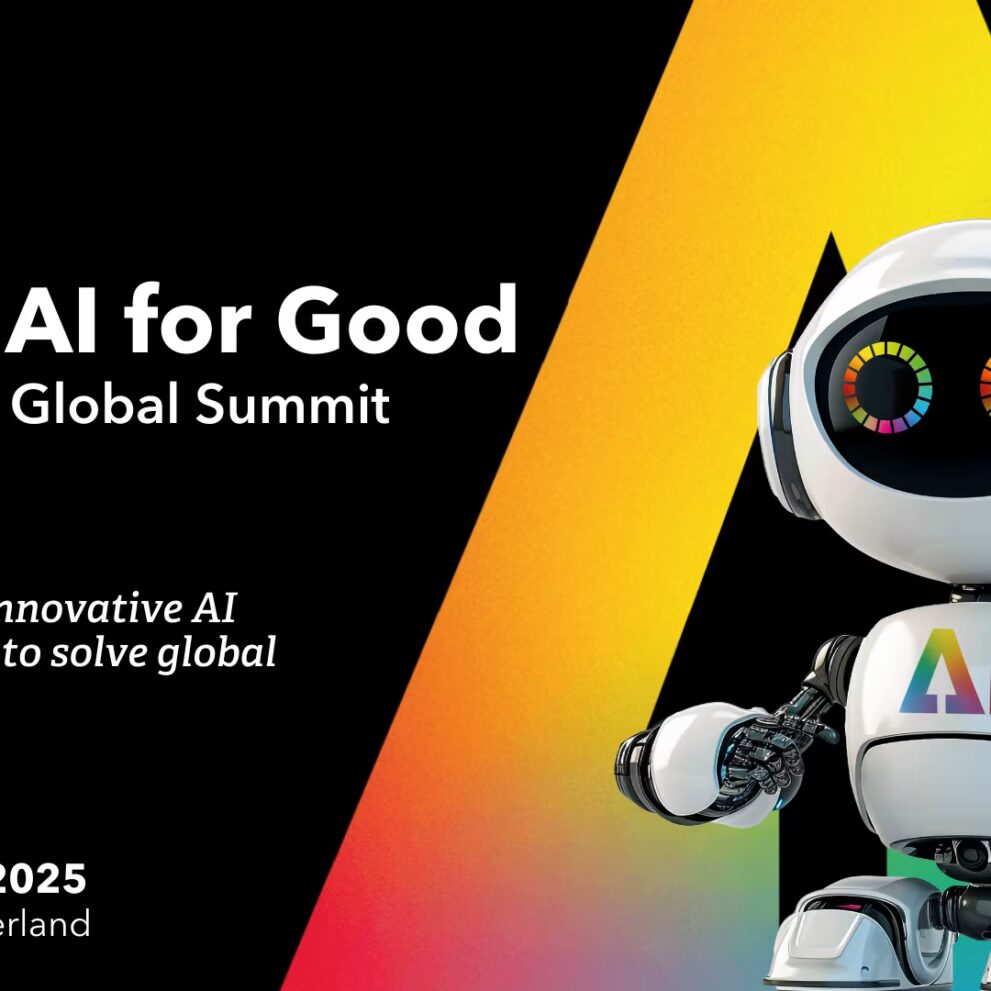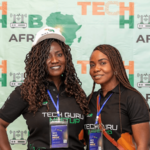When the World Health Organization and its founding partners in the Global Initiative on AI for Health gathered in Geneva on July 11 2025, they set the stage for a profound shift in how technology intersects with public health. Under the banner of “AI for Good Summit 2025 – Enabling AI for Health Innovation and Access,” WHO joined forces with the International Telecommunication Union and the World Intellectual Property Organization to convene policymakers, technologists, health practitioners, and humanitarian leaders in a workshop designed to chart a responsible, inclusive future for artificial intelligence in healthcare.
Against the backdrop of accelerating demand for medical services, uneven resource distribution, and persistent barriers to care, speakers emphasized that “AI offers significant potential to enhance emergency response, optimize resource allocation, and expand access to care.”
This conviction framed the workshop’s three thematic pillars: establishing global standards for AI in health, spotlighting real-world AI applications on the frontlines of medicine, and unpacking the evolving interface between intellectual property law and AI-driven health innovations.
The session opened with a preview of WHO’s forthcoming Technical Brief on AI in Traditional Medicine, signaling an ambition to marry millennia-old healing practices with modern computational insights. Attendees learned how digitized repositories of herbal formulations and patient outcomes can be harnessed by machine-learning models to uncover novel treatment synergies and optimize dosages in ways that respect both scientific rigor and cultural heritage. The preview underscored WHO’s broader mandate to “develop global ethical standards for AI in health” and to convene multi-sectoral advisory groups that safeguard equity and patient rights as technologies scale.
Real-world use cases illustrated AI’s capacity to reshape diverse health challenges. Prototypes of large language models supporting conflict-zone triage demonstrated how natural language processing can aid frontline responders in parsing sparse data under duress. AI-powered diagnostic algorithms for non-communicable diseases showcased early successes in identifying diabetic retinopathy and hypertensive complications from routine imaging.
Meanwhile, discussions of IP commercialization pathways highlighted the delicate balance between incentivizing innovation and ensuring that lifesaving tools remain affordable in low- and middle-income contexts.
Throughout the morning, participants wrestled with the complexities of interoperability, data governance, and ethical oversight. WHO experts stressed that “the swift integration of AI into health ecosystems requires robust frameworks for interoperability, ethical governance, and scalable implementation,” calling on member states to adopt harmonized standards that facilitate data sharing while protecting privacy. They argued that without such guardrails, advances risk reinforcing existing inequities or eroding public trust.
The workshop culminated in a forward-looking dialogue on outcomes and next steps. Organizers aspired to raise the visibility of the Global Initiative on AI for Health’s work, galvanize stakeholders to advocate for responsible AI adoption, and accelerate the introduction of governance strategies, technical norms, and localized pilot projects.
By weaving these threads together, they aimed to ensure that AI solutions not only emerge from global centers of excellence but are tailored to the on-the-ground realities of resource-constrained health systems. Beyond the summit itself, WHO’s AI for Health initiative stands as the institutional backbone for translating these ambitions into practice.
Recognizing that technological progress has outpaced legal and ethical frameworks, WHO is “actively supporting Member States by providing strategic guidance on the integration of AI into health systems, developing global ethical standards, convening expert advisory groups, promoting responsible, inclusive, and trustworthy AI development, and fostering cross-sector collaboration to mitigate risks and safeguard public health”.
This comprehensive approach reflects a conviction that AI can become both a catalyst for innovation and a shield against worsening disparities, ultimately aligning with the Sustainable Development Goals.
As the delegates dispersed from Geneva, the consensus was clear: AI’s promise in health care will only be realized through coordinated action that places people at the center. By bridging technological ingenuity with ethical stewardship, WHO and its partners have charted a path toward smarter, more resilient, and more equitable health services for communities worldwide.
Only time will tell which pilot projects scale successfully and how swiftly nations adopt the proposed frameworks. Yet the AI for Good Summit 2025 has already established a critical foundation—one where data science, global cooperation, and human rights converge to redefine what is possible in 21st-century health care.
Source: AI for Good Summit 2025 – Enabling AI for Health Innovation and Access



